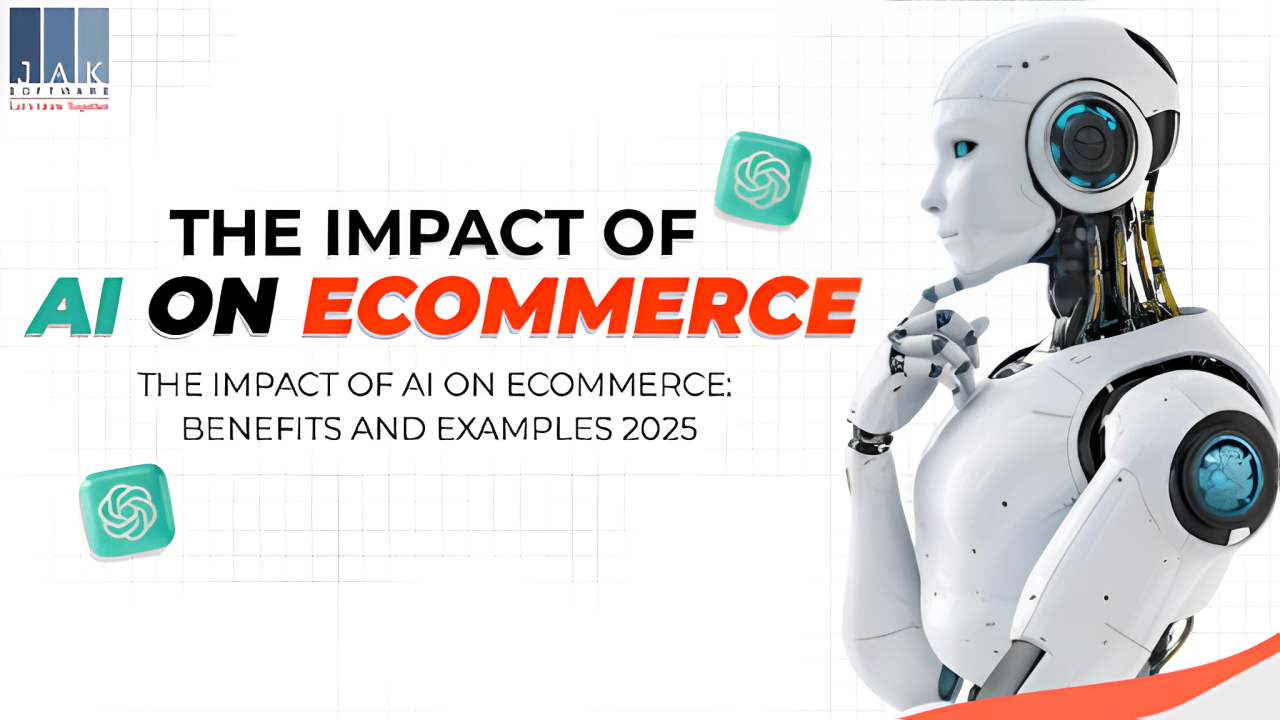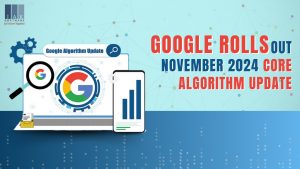AI is fundamentally transforming how e-commerce marketers grow revenue, optimize site performance, and, ultimately, delight customers. This blog explores the core ways artificial intelligence is revolutionizing e-commerce marketing, then spotlights five must-use free AI tools every e-commerce marketer should know. Across each section, the specified keywords are woven in naturally, ensuring strategic SEO impact.
The AI Wave in E-commerce Marketing
In 2025, AI isn’t just an add-on for online retail—it’s the driver of innovation and competitive advantage. From predicting trends to powering customer interactions, AI brings deep automation, hyper-personalization, and data-driven insights that human teams alone simply can’t match. Top e-commerce brands now leverage AI SEO Services to ensure their sites are discoverable across both classic and AI-powered search engines—a crucial step as more consumers find products through intelligent recommendations.
Key ways AI shapes today’s e-commerce marketing:
- Automates repetitive tasks like content creation, pricing updates, and customer segmentation.
- Enables predictive analytics for smarter inventory and marketing spend.
- Delivers 1:1 personalization—from product recommendations to email journeys—at scale.
Personalization, Automation, and Smarter Campaigns
The battleground in digital retail now rests on personalization. AI marketing agency platforms use machine learning to tailor shopping experiences to every visitor, predicting what products, messages, and offers will convert best. With AI-powered targeting, campaigns are optimized automatically, enabling teams to focus on high-level strategy instead of constant adjustments.
AI further powers website development—especially with tools that recommend personalized homepage banners and dynamic product displays, learning from user data to refine UX automatically. In short, AI website development means iterative, conversion-oriented optimization without constant manual input.
5 Free AI Tools Every E-commerce Marketer Needs
As AI in digital marketing matures, the number of accessible tools explodes. But which free solutions deliver the most for e-commerce teams?
1. ChatGPT (OpenAI)
ChatGPT is one of the most versatile AI assistants for e-commerce. It can automate customer support via chatbot integration, instantly generate product descriptions, rewrite SEO meta tags, and help draft marketing campaigns or support scripts. Its plugin ecosystem even allows marketers to extract insights from store data or suggest actions to address slumps in sales.
How to use:
- Plug into store chat for 24/7 customer Q&A.
- Use for rapid product copy and blog post creation.
- Experiment with A/B testing variations in ad and email content.
Pricing: Free tier available for core chatbot and content generation tasks.
2. Shopify Magic
For Shopify site owners, Shopify Magic brings native AI tools that expedite product copywriting and provide actionable performance insights. It automatically generates SEO-optimized product descriptions and helps merchants keep their online stores updated fast—boosting both ranking and conversions.
How to use:
- Generate new listings with AI-powered copy.
- Access insights about what content or deals are driving sales.
- Automatically optimize on-page content for better Google rankings (supports AI SEO Services).
Pricing: Free with standard Shopify subscription.
3. HubSpot’s Make My Persona
Building accurate buyer personas is crucial for campaign success. HubSpot’s Make My Persona leverages AI to build rich, data-driven customer segments—saving hours spent on manual research and guesswork.
How to use:
- Input data from sales or Google Analytics to generate ideal customer profiles.
- Use personas for targeted email, ad, and site content segmentation.
Pricing: 100% free and integrates with other HubSpot CRM tools.
4. GrammarlyGO
Powerful communication is vital for AI e-commerce services and for brands. GrammarlyGO uses AI to check, rewrite, and enhance product pages, marketing emails, support tickets, and more, thereby helping maintain a professional, conversion-optimized presence.
How to use:
- Instantly edit product and blog text before publishing (SEO impact!).
- Use AI prompts to match copy with your brand’s tone and campaign goals.
Pricing: Free tier covers basic grammar and writing suggestions (premium adds advanced edits).
5. Canva
Visual content drives click-through and conversions. Additionally, Canva’s AI design tools generate social banners, ads, and site images instantly. Moreover, templates, image editing, and AI-powered suggestions enable non-designers to keep their e-commerce stores visually fresh and on-brand—without the need to hire a graphic designer.
How to use:
- Generate hero images, banners, or product visuals via AI suggestions.
- Use “Magic Write” for on-brand copy inserts directly into designs.
Pricing: Core features are free, with premium upgrades for advanced editing.
AI SEO Services: New Foundations for Modern Stores
E-commerce brands need AI SEO to boost traffic and sales. AI E-commerce Services—whether offered by an AI marketing agency or via in-house tools—analyze keywords, optimize content, automate technical SEO, and even audit websites for missed opportunities or errors. These solutions ensure that ecommerce businesses remain visible as Google and other engines push further into AI-driven search results and conversational experiences.
With the right blend of automated SEO, machine-generated copy, and AI-driven UX improvements, retailers can not only rise above competitors but also attract highly qualified traffic consistently.
AI Marketing Agency Support for Exponential Growth
While free AI tools lay the foundation, fast-growing brands often augment with an AI marketing agency to run deeper strategies across paid ads, influencer partnerships, and cross-channel analytics. These agencies harness cutting-edge AI and, when necessary, provide custom models to handle everything—from predictive bidding to advanced attribution and creative ideation.
The Future: AI in Digital Marketing
As technology progresses, the application of AI in digital marketing extends from predicting inventory needs and segmenting ad audiences to powering entire site builds and rewriting campaigns at scale. As a result, e-commerce marketers work faster, target more precisely, and adapt campaigns instantly to market feedback. By using a blend of these free AI tools, marketers can, in turn, gain an immediate edge. Meanwhile, advanced solutions unlock even bigger opportunities for those ready to invest in next-level automation.




